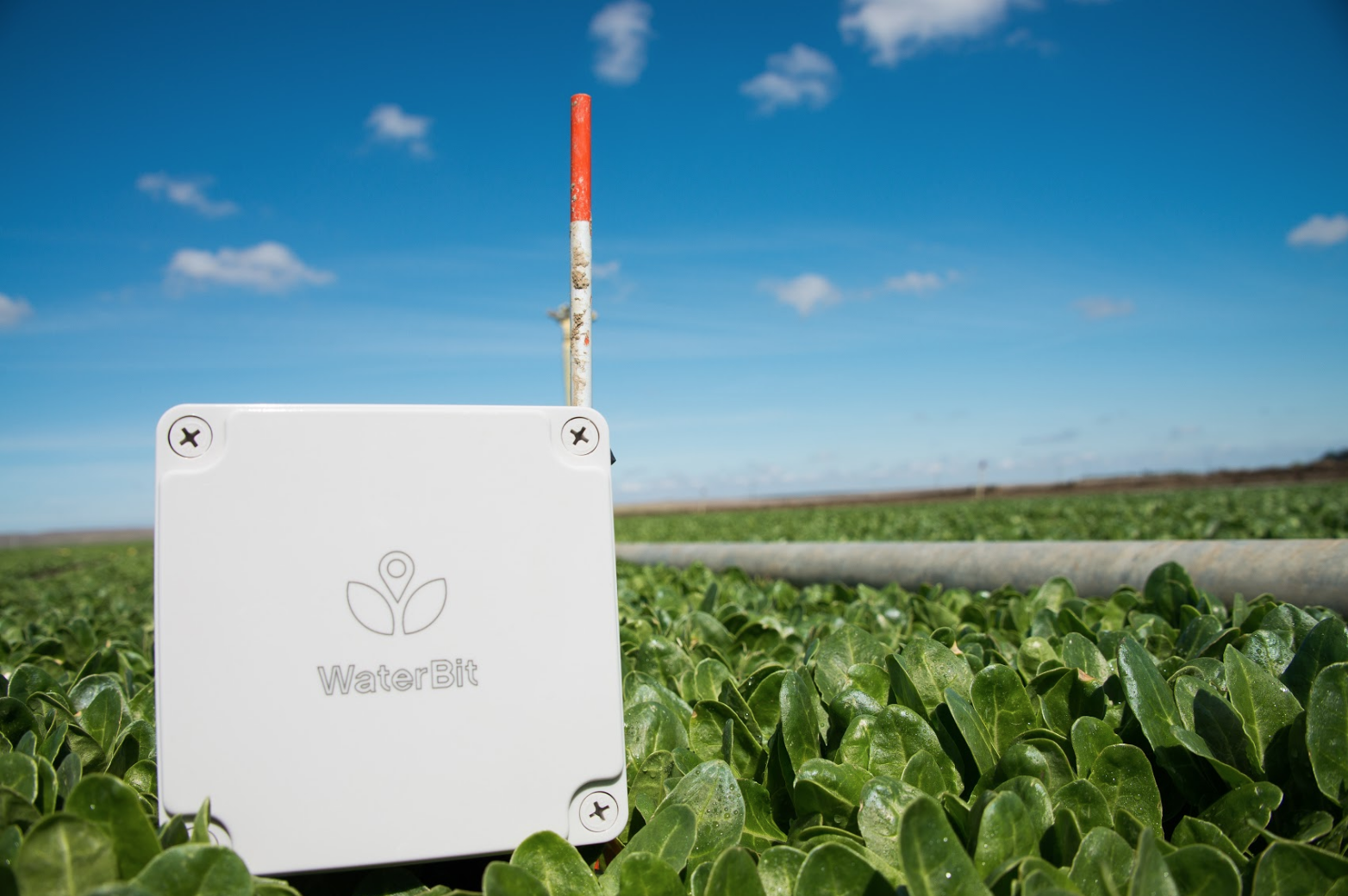By Leanna Sweha
The VINE (The Verde Innovation Network for Entrepreneurship) mission is to help sustainable food and agriculture innovators access the connections and resources they need to build, launch and grow their innovations. This is the second in our Innovator Spotlight series, which highlights innovators and change makers in the space.
Growers these days seem inundated with options for digital real-time water management technology (no pun intended). One bay area company stands out for its simple and reliable sensing and autonomous irrigation control technology. That company is WaterBit, and we recently spoke with Manu Pillai, WaterBit’s founder and president.
Pillai, an EE and MBA, designed and implemented consumer, industrial and telco grade electronic systems and software for 25 years prior to starting WaterBit.
But Pillai is no stranger to water issues. He grew up in Northern Nigeria in a time of drought, and also lived in India, where he witnessed significant water quality problems. Nor is Pillai a stranger to startups, having been involved with the founding of three others.
WaterBit’s mission is to help growers optimize water usage, improve yields, and save on labor costs with its precision irrigation technology. “We help get the right amount of water to the right place at the right time,” Pillai says.
WaterBit does this through autonomous irrigation management at a microblock level using real-time data.
At the center of the system is WaterBit Carbon, a small, solar powered node which connects to soil moisture, temperature, water pressure and other types of sensors. Carbon connects to the WaterBit Block Valve Controller, which retrofits with most existing irrigation valves to enable automatic irrigation.
Multiple Carbon nodes connect to a gateway hub using a long-range, low-power (LoRa) network that can cover over 1000 acres. “We run the third largest LoRa network in the US today,” Pillai told us.
WaterBit has partnered with ATT, which provides secure LTE network data transmission from the gateway to WaterBit’s cloud-based app. The app provides real-time data to growers, which allows them to monitor irrigation and soil status, toggle actuators and valves, and check system maintenance and schedules.
Growers can set specific irrigation conditions for field microblocks. When the app detects an irrigation trigger, the app communicates back through the gateway to the Carbon in the microblock needing water, which in turn opens the irrigation valves for the microblock.
WaterBit Carbon is zero-maintenance and fits under foliage, staying out of the way of machinery. Carbon currently performs lightweight edge computing and is designed to handle more sophisticated logic in the future.
“The ability to improve operations is dependent on capturing ground-truth data that can be analyzed efficiently and quickly, “ Pillai said. “We believe WaterBit is best situated to leverage this data and provide real value to the grower.”
WaterBit is currently deployed throughout California as well as in Kansas, Ohio and Iowa. And it looks like it’s catching on. “As of July 2018, we will have installed more automated valve controllers than any of our competitors,” Pillai noted.
WaterBit recently released results from a 70+-acre asparagus field of one its customers, Devine Organics. With WaterBit, the grower has the potential to reduce annual water consumption in this field by over 750,000 gallons. There has also been a 5% drop in greenhouse gas emissions from fuel used for pumping water and truck trips to manually check the field. In addition, production has almost doubled since WaterBit technology was installed.
Pillia noted that access to UC experts was essential to WaterBit. “UC was a great information source,” he said. “We are grateful for the generosity of UC staff in answering our questions and their willingness to introduce us to growers.”
When asked what advice he has for new entrepreneurs, he noted that asking questions and learning from customers is most important. “You have to value the opinions of your customers and change your direction accordingly. WaterBit has pivoted three times.”
___________________
We look forward to hearing more from WaterBit in the future and wish them all the best.
Please stay tuned for more Innovator Spotlight posts where we will highlight the innovators and change makers in the sustainable food and ag innovation space. If you know of someone we should be covering, please email us at viniocommunity@gmail.com.
About the author: Leanna Sweha is an attorney with an agtech background who has worked for the California Legislature, the California Resources Agency, and the UC Davis Office of Research. She is passionate about promoting new sustainable agriculture companies.

